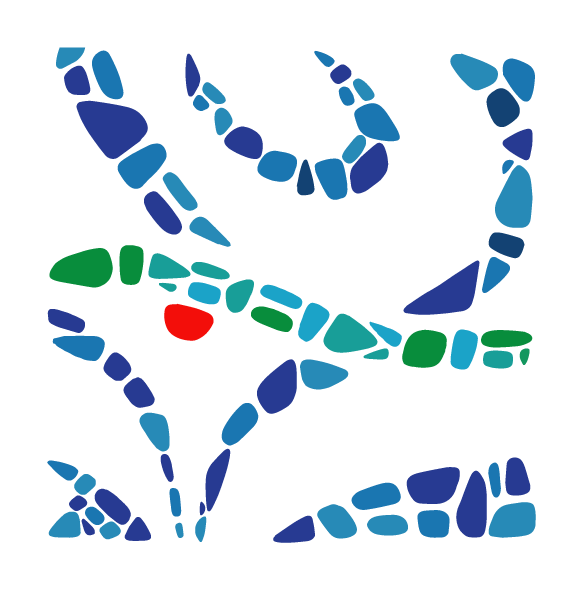Management of aquifers: salinization, groundwater use and discharge, social impacts and ecosystem services
Sustainable strategies for managing salinization inland and in the coastal zones addressing groundwater discharge. Approaches to increase water resources as managed aquifer recharge, freshwater storage, brackish groundwater use and desalinization. Socio-economic assessments and ecosystem service evaluations to guide the management and preservation of groundwater resources. Social impacts of coastal groundwater processes and their feedback on society.

